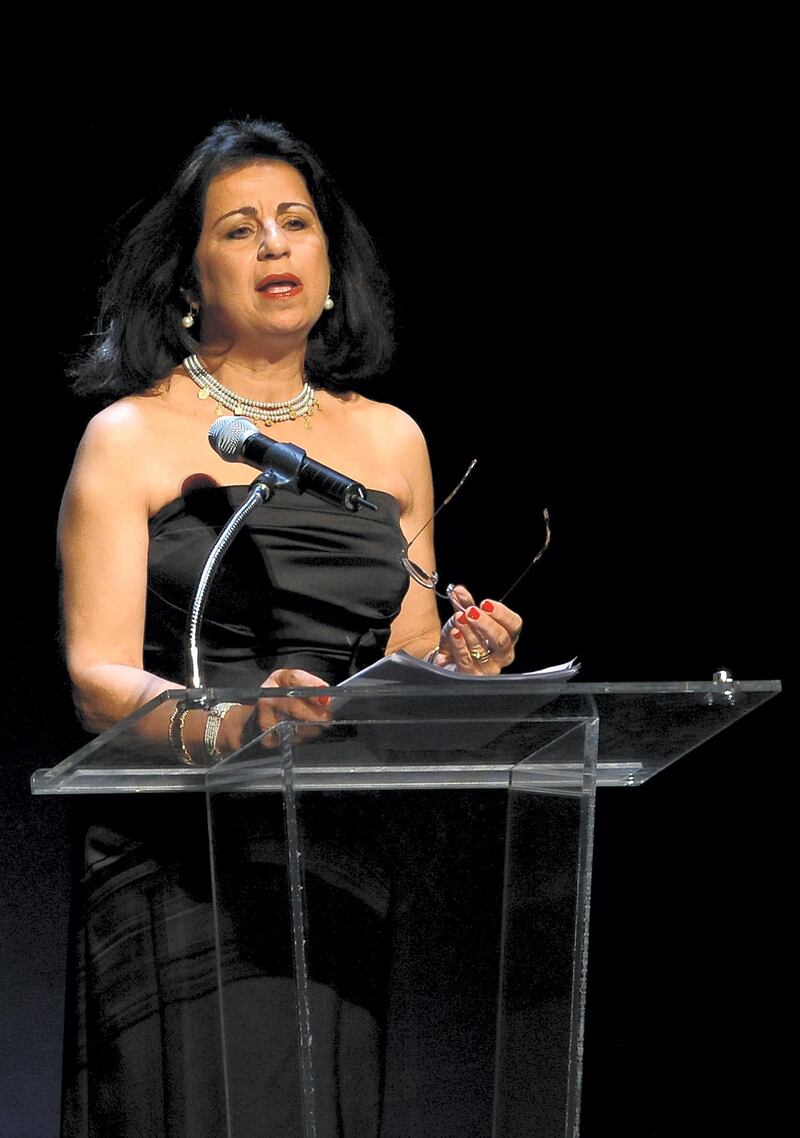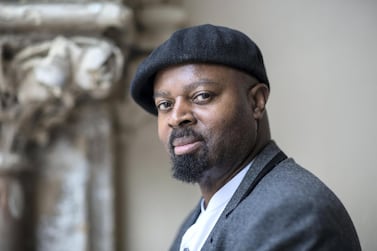The Egyptian novelist Ahdaf Soueif has resigned from the British Museum's Board of Trustees, citing as factors the organisation's ongoing sponsorship relationship with BP and failure to speak out about the repatriation of cultural artefacts.
Soueif, 69, who wrote the bestselling 1999 novel The Map of Love, has been on the board since 2012. She explained that her resignation "was not in protest at a single issue" but a response "to the museum's immovability on issues of critical concern to the people who should be its core constituency: the young and the less privileged".
In an article for The London Review of Books, Soueif explained that, in 2016, she voiced concerns to the board about BP's sponsorship of exhibitions at the British Museum. "It was an education for me how little it seems to trouble anyone – even now, with environmental activists bringing ever bigger and more creative protests into the museum," writes Soueif.
“Schools bring children to the British Museum – the same children who are now living in existential dread of climate change. How do they respond to BP’s logo on the museum’s headline exhibitions?”
In the past few days, the British Museum confirmed that it would continue to accept sponsorship from BP in a deal that runs until 2023. “BP has made it possible for us to put on exhibitions, which 4 million people have seen,” said Chair of Trustees Richard Lambert on Tuesday. “We couldn’t have done without that support.”
Later in the article, Soueif explained that she was also troubled by the organisation’s reluctance to discuss the repatriation of cultural artefacts. “The British Museum, born and bred in empire and colonial practice, is coming under scrutiny,” she writes. “And yet it hardly speaks.
“Its task should be to help us all to imagine a better world, and – along the way – to demonstrate the usefulness of museums. This would go some way towards making the case for keeping its collection in London. But its credibility would depend on the museum taking a clear position as an ally of coming generations.”
Lambert pointed out that the museum's director Hartwig Fischer had been travelling the world to discuss the return of artefacts to their country of origin. “He has visited Benin City, he’s visited Accra, he’s been to the Sudan, he’s going again to Africa, he’s doing a lot of engagement with directors in Paris and Berlin discussing appropriate responses,” said Lambert.
In response to Soueif’s resignation, Lambert also released an official statement on behalf of the British Museum, in which he spoke of the museum’s “regret” at her decision.
“The Trustees regret Ahdaf Soueif’s decision to step down from the Board on which she has been a much valued voice since 2012,” said Lambert, who was informed of Soueif's decision before the trustees’ monthly meeting two weeks ago. “Ahdaf has made a significant contribution to the Board in all its endeavours and discussions, and has played a crucial role in deepening the British Museum’s engagement with Egypt and the wider Middle East, and with audiences and partners throughout the world.”
Last month, the actor Mark Rylance resigned as an associate artist with the Royal Shakespeare Company over BP’s sponsorship of the organisation. “I do not wish to be associated with BP any more than I would with an arms dealer, a tobacco salesman or anyone who wilfully destroys the lives of others alive and unborn. Nor, I believe, would William Shakespeare,” said Rylance.












